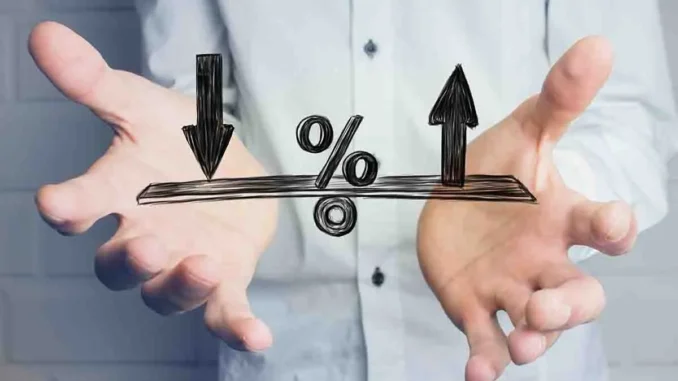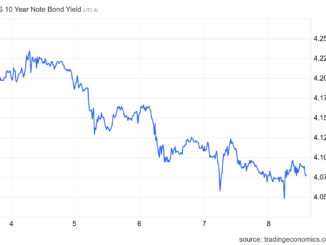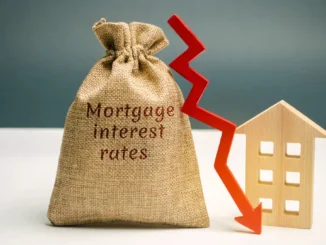
Mortgage rates increased this week as the debt limit impasse between the Republican-controlled House of Representatives and President Joe Biden’s White House continues to cause uncertainties within the market.
Rising rates and home prices come with affordability challenges, mainly for first-time homebuyers. However, some borrowers are getting used to the landscape and are pursuing homeownership, housing market experts said.
“The 30-year fixed-rate mortgage averaged 6.39% this week, as economic crosscurrents have kept rates within a ten-basis point range over the last several weeks,” Sam Khater, Freddie Mac’s chief economist, said in a statement.
“After the substantial slowdown in growth last fall, home prices stabilized during the winter and began to modestly rise over the last few months. This indicates that while affordability remains a hurdle, homebuyers are getting used to current rates and continue to pursue homeownership,” Khater added.
Per Freddie Mac‘s Primary Mortgage Market Survey, the 30-year fixed-rate mortgage averaged 6.39% as of May 18, up four basis points from last week’s 6.35%. The same rate averaged 5.25% a year ago at this time.
Other indexes, however, showed rates even higher. The 30-year fixed rate for conventional loans was 6.70% at Mortgage News Daily as of Thursday morning. HousingWire’s Mortgage Rates Center had the Optimal Blue‘s 30-year fixed rate for conventional loans at 6.50% on Wednesday, up from 6.40% the previous Wednesday.
Rates are increasing amid an impasse on the U.S. debt limit. The U.S. Department of the Treasury communicated this week to the Congressional leadership that it will potentially no longer be able to satisfy its obligations as early as June 1, if Congress has not acted to raise or suspend the debt limit.
“Though a default remains unlikely, the closer we get to a possible event date without an increase in the debt limit, the more likely households will be affected by higher interest rates,” Hannah Jones, economic data analyst at Realtor.com, said in a statement. “The sooner the debt impasse is resolved, the less likely it is to negatively affect households already plagued by high prices.”
Fewer applications
Higher rates and home prices educed the appetite of homebuyers for new loans last week.
“Mortgage rates increased to the highest level in two months, which put a damper on borrower demand last week,” Bob Broeksmit, Mortgage Bankers Association (MBA) president and CEO, said in a statement.
Broeksmit added: “Higher rates and low inventory levels continue to keep many prospective first-time buyers on the sidelines. Purchase applications for Federal Housing Administration loans – popular with many first-timers – were down 5% from last week and 17% from a year ago.”
According to Jones, mortgage rates have remained in the roughly 6% to 7% range for the last eight months and will likely stay in this range until incoming economic data makes the economy’s path forward more clear.
“Buyer demand has been sensitive to the ebb and flow of mortgage rates, but near-peak home prices and elevated inflation mean many would-be buyers are still waiting on the sidelines,” Jones said.



